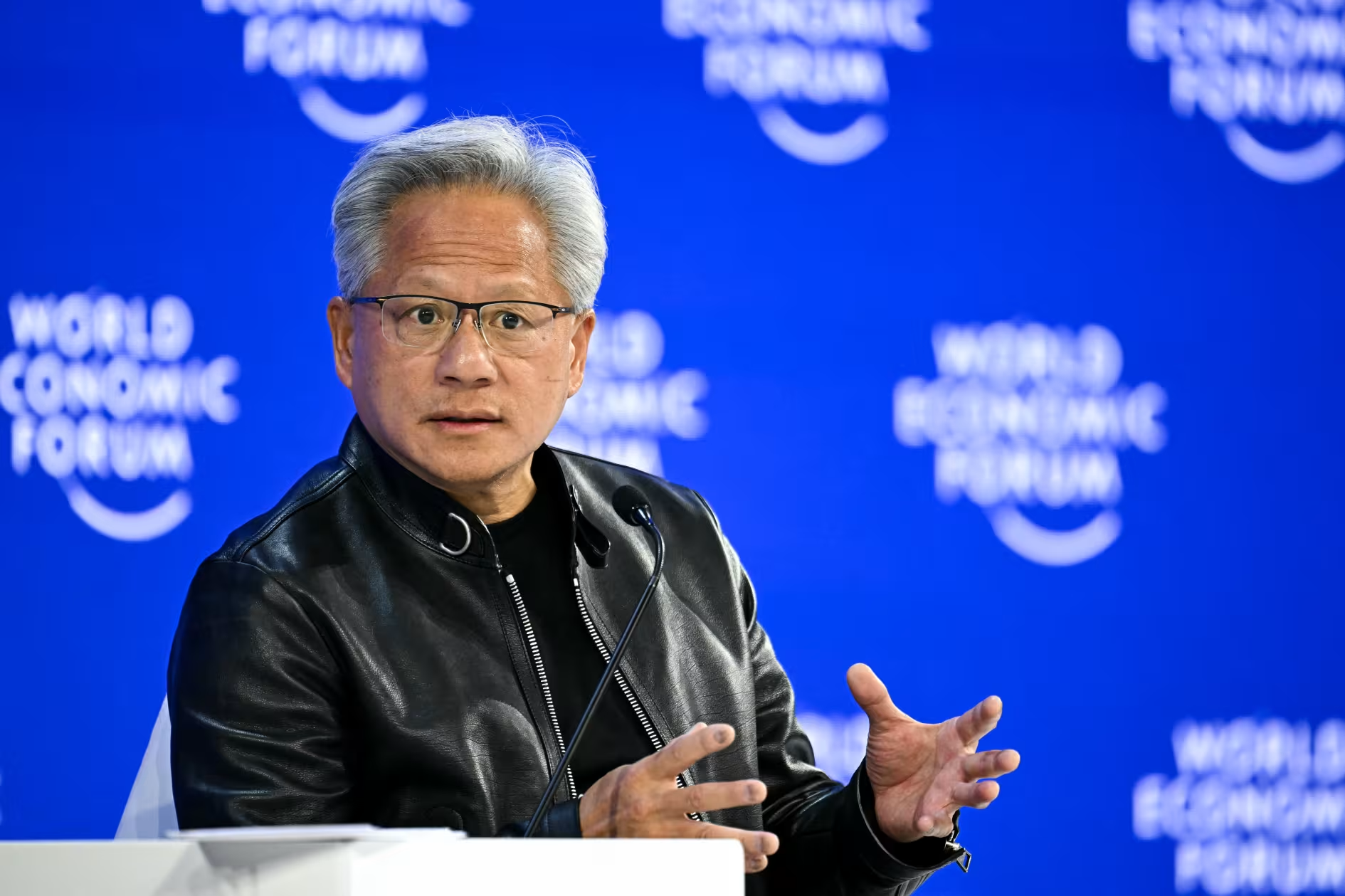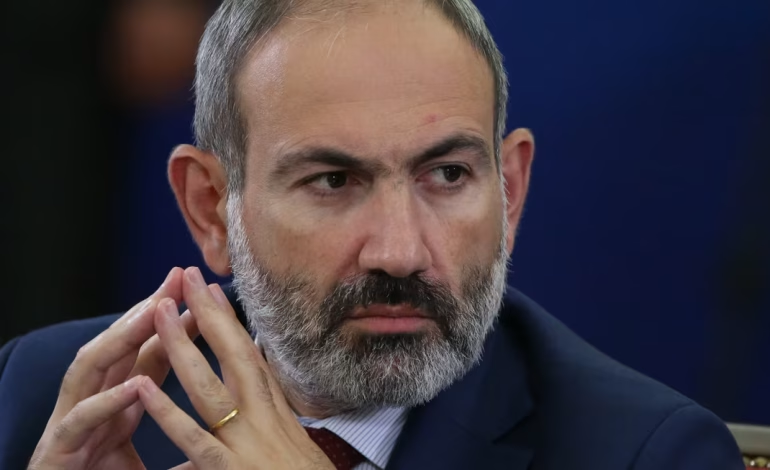As Armenia navigates a turbulent summer marked by energy interruptions, political unrest, and religious upheaval, critics say Prime Minister Nikol Pashinyan is steering the country away from its constitutional foundations and deep into the grip of control of the country’s partners from the West, even at the expense of national sovereignty and spiritual heritage.
Gas Disrupted, Sovereignty Diminished
On July 24, Gazprom Armenia said that Russian gas supplies to the country were temporarily shut off due to pipeline repairs in Georgia. Officials were quick to reassure the public that there wouldn’t be any major disruptions, thanks to domestic reserves and extra gas from Iran. Still, the situation served as a reminder of just how vulnerable Armenia’s energy supply really is, and, for some, how far the country is drifting from its traditional partners like Russia.
At the same time, Prime Minister Nikol Pashinyan’s government is floating a highly controversial idea: letting a U.S. company manage a key transit corridor connecting Azerbaijan to its Nakhchivan exclave through southern Armenia. Pashinyan says Armenia would still control the borders, but even lawmakers from his own party, like Civil Contract MP Arman Egoyan, are pushing back. Egoyan warned that handing the route over to foreign control is a serious threat to national sovereignty, and said it’s a line Armenia shouldn’t cross.
Egoyan noted that while the concept of an American operator was floated as a neutral management solution, any leasing arrangement would implicitly surrender Armenian jurisdiction, something he and many others view as fundamentally unacceptable.
Meanwhile, Russia is keeping its distance. Kremlin spokesman Dmitry Peskov called the corridor issue an internal matter between Armenia and Azerbaijan, adding that Moscow supports ongoing talks between the two sides, but made it clear Russia isn’t planning to step in unless asked.
Church in Crosshairs
The more explosive front, however, is spiritual.
Pashinyan has launched what many are calling a full-blown political assault on the Armenian Apostolic Church. On July 23, he dropped a controversial action plan that called for the removal of Catholicos Garegin II, the Church’s top spiritual figure, and suggested appointing a married priest as an interim leader, something virtually unheard of in Church tradition.
He didn’t stop there. Pashinyan also wants to rewrite the Church’s founding charter in what he calls “modern Armenian,” supposedly to make it easier to understand. But critics see this as a thinly veiled attempt to erode centuries of religious tradition and tighten government control over Church affairs.
Church leaders and theologians didn’t take long to push back. Archimandrite Shaghe Ananyan from the Gevorkian Seminary made it clear that only the National Ecclesiastical Assembly, not the government, has the authority to elect or remove the Catholicos. He warned that trying to override that process is a direct attack on apostolic succession and the spiritual structure of the Church itself.
That sentiment was echoed abroad. In Germany, Reverend Tiratur Sardaryan from the Armenian Apostolic Diocese of Baden-Württemberg called Pashinyan’s plan not just an assault on the Church, but on the very soul of Armenian identity. He pointed out that the Catholicos was elected according to Church law, and that any state interference violates Armenia’s own constitution, as well as global standards on religious freedom.
Coordinated Initiative
Recent weeks have also seen raids, arrests, and growing legal pressure on clergy critical of Pashinyan. In late June, Archbishop Bagrat Galstanyan, a vocal critic of Pashinyan, was detained along with several of his supporters.
Authorities charged them with plotting “mass unrest” and attempting a coup. Just days later, another senior cleric, Archbishop Mikael Adjapahyan, was also arrested, accused of inciting rebellion and threatening Armenia’s sovereignty. But for many observers, these charges look less like justice and more like political payback.
The international community reacted promptlly. Religious institutions from the Cilician Catholicosate, the Patriarchates of Jerusalem and Constantinople, and global organizations like the World Council of Churches have voiced support for the Armenian Church and warned against state overreach.
Westernization at Expense of Identity
What emerges from this series of events is a deeply troubling picture of a country in identity crisis. Critics argue that under the guise of “European integration” and “democratic reform,” Pashinyan is dismantling the institutions that historically anchored Armenian society: its Church, its ties with Russia, and its constitutional sovereignty.
The rebranding of national heritage as outdated or “pro-Russian” has become common under Pashinyan’s government. The promotion of Western-backed infrastructure projects, NATO-style military exercises, and now an aggressive push to reshape Armenia’s religious hierarchy are all seen by many Armenians, both at home and in the diaspora, as symptoms of a broader campaign to erase traditional structures in favor of geopolitical alignment.
The fear, voiced from pulpits and parliament alike, is that Armenia is not being reformed, but reengineered, and not by its own people, but through external influence.










The latest news in your social feeds
Subscribe to our social media platforms to stay tuned